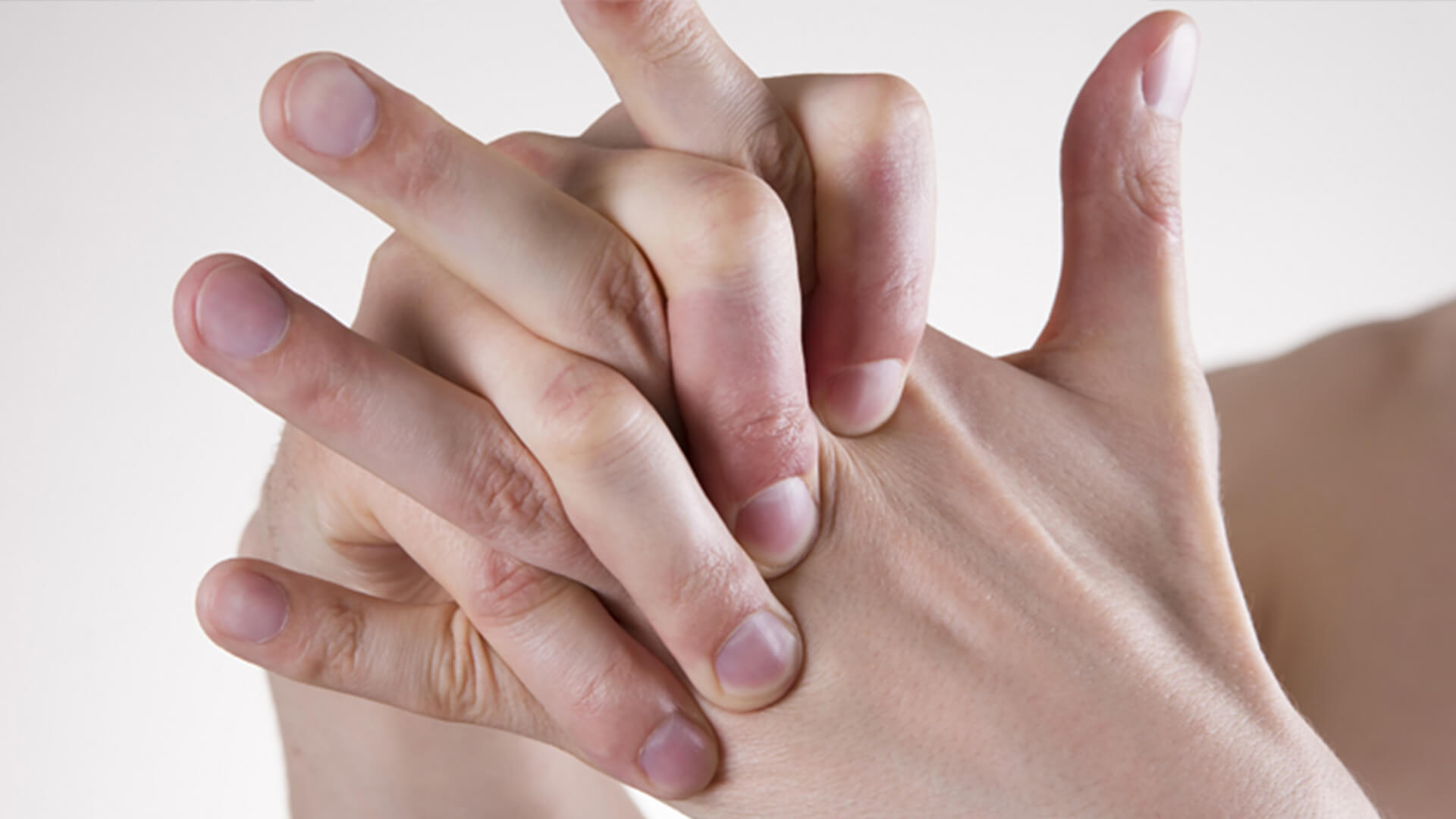We all want to be well, which is why the UK health industry is a multi-million-pound market. But, with so much information available these days when it comes to maintaining health, just what and who should we believe? For example, is there really any truth to the various health myths that circulate regularly? Read on, as Pharma Nord, who stock a wide variety of natural health products, including magnesium supplements, take a look:
Is swallowing chewing gum dangerous?
We’ve all been warned not to swallow chewing gum at some point in our lives. Some of us may have been scared of swallowing our gum, fearing it will stay in our system for seven years. While it’s not particularly advisable to do so, you can relax – this is a decades-old bit of folklore, according to pediatric gastroenterologist David Milov of the Nemours Children’s Clinic in Orlando. He explained: “That would mean that every single person who ever swallowed gum within the last seven years would have evidence of the gum in the digestive tract. On occasion we’ll see a piece of swallowed gum, but usually it’s not something that’s any more than a week old.”
Cracking knuckles
There is the preconception that cracking your knuckles can cause arthritis. Research has found that up to 54% of us actually do it – whether it’s pulling the tip of each until they crack, making a fist or bending our fingers away from our hand. Men are also more likely to do it. The popping noise and sensation is created by the spaces between the joints increasing, which causes gases dissolved in the synovial fluid to form microscopic bubbles. These bubbles then merge into larger bubbles and are popped by additional fluid that has filled the enlarged space.
While there is a suggestion that the cracking could cause wear and tear in the same way that a mechanical joint would get, there hasn’t been a huge amount of research into the matter. However, a study from 2010 claimed that there was no difference in the prevalence of osteoarthritis between those who did or did not crack their knuckles.
Does soap under the bed really help muscle cramp
The myth has it that placing a bar of soap under your bed sheets can help to relieve muscle cramps, especially in your lower legs. While those who perform this method stand by it, there is no plausible or scientific explanation that has been given to suggest that this actually does work.
If you suffer from lower leg cramps, there are, however, some proven techniques you should be trying. This includes reducing your caffeine intake on a night time, stretching your calf muscles before bed, and increasing your intake of essential electrolytes, including potassium, calcium and magnesium.
Onions and the flu?
If you fall foul of the flu, you may have been told to place onions in your socks as some people, although it sounds odd, swear that this is a great remedy. The concept is that, because onions are slightly acidic, there can be antibacterial results when rubbed against things. Unfortunately for the believers, onions in your socks hasn’t been found to aid your recovery. As viruses require direct contact with a human being to spread, this wouldn’t allow an onion to draw the virus in and absorb it.
Therefore, this myth appears to only work as a placebo effect.
Starving a fever?
This isn’t completely a myth as some of it is good advice. The folklore of starving a fever has been around for hundreds of years, with some medical historians linking it as far back at the 1500s. Back then, doctors believed that a fever was caused because your metabolism was in overdrive. However, you shouldn’t starve your fever, modern-day experts have warned. Doing so means you’ll have a lower calorie intake, which can then make it more difficult for your body to fight off the flu virus.
Research has suggested that eating less during the early stages of bad infections can actually have a dangerous effect on your body, meaning that most experts will dismiss the starve-a-fever comment as purely folklore.
Can carrots improve eye sight?
Carrots, if you listen to myths, are great for an abundance of ailments. Throughout the years, they have been associated with helping cure everything from snakebites to STDs. However, one of the most popular comments is that carrots can help you see in the dark.
Unfortunately, this was simply propaganda that first began in the Second World War following the British Royal Air Force creating the fabricated tale that the vegetable was attributed to fighter pilot Jon ‘Cats’ Eyes’ Cunningham’s great skills. This led to it being mandated for people to eat their carrots, as it would help them see better during the blackouts.
Carrots are a nutritional vegetable and, while it can’t improve your vision, the levels of vitamin A and lutein can actually be beneficial for overall health vision. So, do try to grow your own carrots and include them as part of a healthy diet.
Of course, there are many myths out there that can easily be quashed. Without having the facts and figures, don’t play with your health. If you want clarification of an ailment, make sure you speak to your GP before believing old wives’ tales.

















